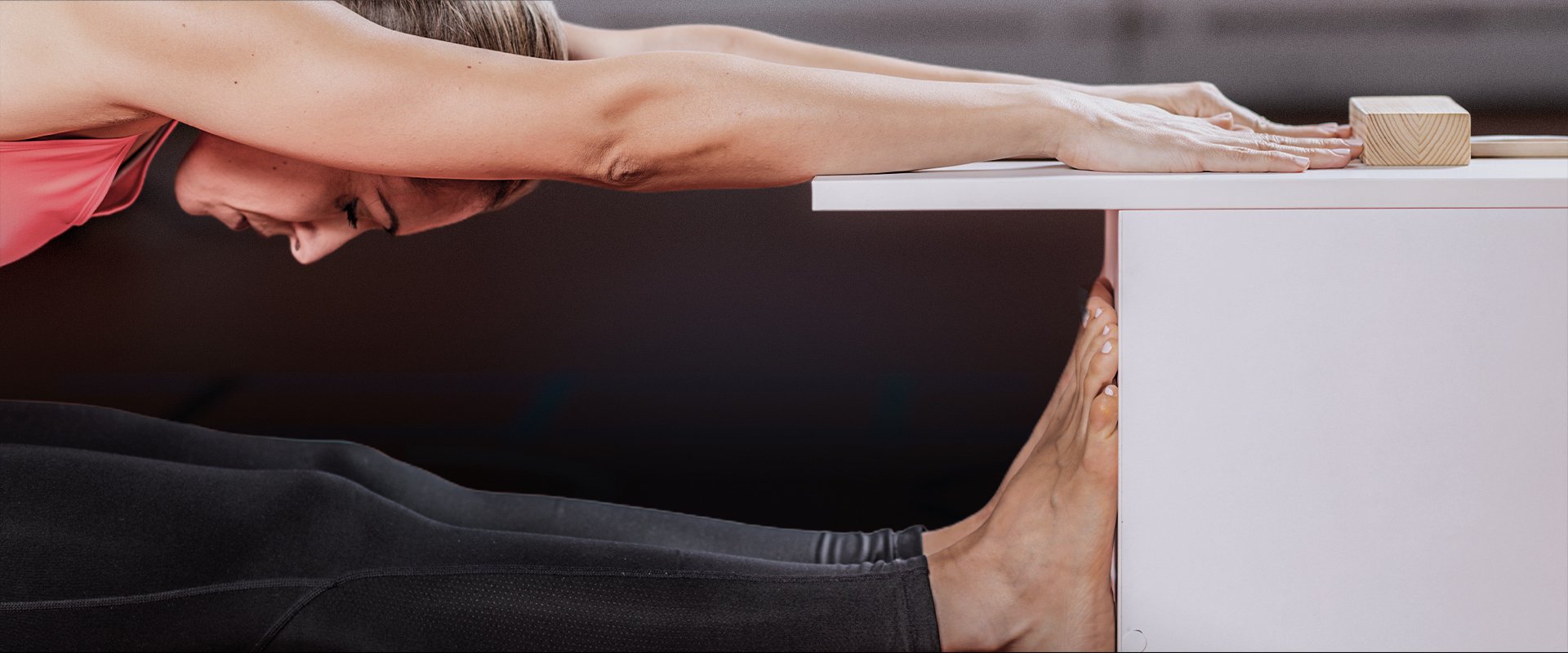
Physical Therapy for Movement Analysis
AT EVOLVE
Physical Therapy for Movement Analysis
WHAT IS MOVEMENT ANALYSIS?
Physical therapists are specially trained in movement analysis techniques. By analyzing an individual’s movements, physical therapists can identify impairments that may be compromising performance and contributing to pain, discomfort or injury. Through this process a physical therapist can prescribe exercises, treatment and equipment that can help achieve the desired outcome. If you are an athlete looking to prevent injuries or improve performance, a worker experiencing discomfort due to work-related tasks or an individual recovering from a surgery or injury, you will benefit from movement analysis.
HOW IS MOVEMENT ANALYSIS PERFORMED BY A PHYSICAL THERAPIST?
Whether you recognize it or not, your physical therapist is probably analyzing your movement from the moment you walk in the door. While we will ask you several questions about your health, your symptoms and your activities, we glean a great deal of information by simply watching you move. Movement analysis is performed in several different ways depending on what is needed and what equipment is available. Here are some of the ways physical therapists perform movement analyses:
The eyes only: Physical therapists use their eyes to observe how you move. Using evidence-based research on optimal movement patterns and optimal body alignment, we will ask you to perform a motion then watch how you do so. We watch the quality of movement, how much it moves, we look for any symptoms that occur during the movement and compare it to how we would ideally like to see that motion occur. This simple technique gives your therapist a ton of information that will help shape their treatment plan.
Video-assisted: With the emergence of new technology came video technology that can aid in movement analysis. A simple video recording can be utilized (with patient permission) to slow down the movement, repeat the movement, look at it from different angles and give the therapist the opportunity to look at different body segments throughout the motion. This practice can allow the therapist more time to analyze movement without having a patient perform a motion repeatedly.
Video-based movement analysis can also utilize sensors placed on the joints and other reference points to actually measure mechanics like joint angles, torque, acceleration etc. This data can provide an in-depth understanding of how body segments are moving. This quantitative data can be recorded and measured over time. Video analysis with sensors also allows you to immediately quantify the effects of an intervention in real time. For example, a runner may undergo video analysis while running on a treadmill. Their therapist can examine changes in their gait after a course of physical therapy or after simply changing shoes or placing an orthotic in their shoe.
End Injury Progression
Physical therapy and Movement Analysis has proven to prevent injury, slow and even stop pain issues, improve performance, and reverse injury progression in many cases.
Relieve Pain
The movements used in this technique can target your entire body helping you to manage discomfort and pain during the course of your physical therapy treatments.
Improve Range of Motion
Posture awareness is an important area to focus on due to the fact that certain positions may cause you further discomfort and pain.
Restore Mobility
You can regain mobility and flexibility by taking part in the stretches and exercises as prescribed by your physical therapist.
How Long Will Physical Therapy for Movement Analysis Last?
If you decide to work with a physical therapist to help with movement related issues, your entire treatment plan could consist of around 8-20+ different physical therapy sessions that will each last 60-90 minutes. Once you complete your customized physical therapy treatment plan, you will be able to continue to do the prescribed stretches and exercises utilized during your PT sessions yet in the comfort of your own home.
HOW CAN I BENEFIT FROM MOVEMENT ANALYSIS?
Movement analysis is performed to some degree in all patients but you may be wondering how you can benefit from this tool? Here are some important examples of how physical therapists implement movement analysis to benefit a variety of patients and clients:
Performance enhancement: Most competitive and casual athletes are looking to improve their athletic performance. Optimizing power, accuracy, control, strength and speed may be what is needed to take your performance to the next level. A physical therapist familiar with the movements and motions of a particular sport can analyze an athlete’s movement in order to identify areas for improvement. If an athlete is not moving through their full range of motion they may need stretching or mobility work. An athlete that is slow to develop speed when they throw a ball or initiate a sprint may need power work. An athlete that is having trouble with their squat may need strength and mobility work.
Injury prevention: Movement analysis is very important in preventing injuries. When a PT understands what joint motion, soft tissue mobility, motor control, strength, endurance, power, tendon stiffness and muscle length, for example, is needed to perform activities repetitively and safely, they can use this information to help with injury prevention. By analyzing how a patient or client performs a motion, they can compare it to what is optimal and prescribe exercises, treatments or equipment to help prevent future injury.
Return to sport or work: Returning safely to sport and work requires assurance that the body is ready to accept the stresses and forces associated with the sport or job. Physical therapists analyze athlete’s and workers’ movements to identify areas that may still predispose them to re-injury and to help determine when they are ready to return to unrestricted or modified activity levels.
Injury, pain and post-surgical treatment: Any time a patient presents with pain, injury or after surgery, a physical therapist will regularly be analyzing their movements. Initially, movement analysis allows the PT to observe the patient’s comfort level with movement and provides insight into impairments in body structure and function that need to be addressed. It also helps therapists ensure patients are performing exercises correctly. Later on in treatment it assists in prescribing exercises, equipment and strategies to limit recurrence of injury and to determine when a patient is ready to return to unrestricted activity.
To learn more about how the physical therapists at Evolve can help you improve performance, prevent injury and recover from pain, injury or surgery, call to schedule an evaluation today. Your therapist can then answer any further questions you have about how they intend to use movement analysis to enhance your plan of care.
Mill Basin (located in Harbor Fitness)
6161 Strickland Ave
Brooklyn, NY 11234
Monday: 7am-8pm
Tuesday: 7am-8pm
Wednesday: 8am-5pm
Thursday: 7am-8pm
Friday: 8am-1pm
Park Slope (located in Harbor Fitness)
550 5th Ave.
Brooklyn, NY 11215
Monday: 9am-8pm
Tuesday: 8am-6pm
Wednesday: 9am-8pm
Thursday: 8am-6pm
Friday: 8am-3pm
Gravesend
372 Avenue U
Brooklyn, NY 11223
Monday-Thursday: 8am-8pm
Friday: 8am-3pm
Ready to take the next step to a healthier you?
Contact Us Today!
PHYSICAL THERAPY AND MOVEMENT ANALYSIS!
Need a Movement Analysis and physical therapy?
Let our caring and compassionate physical therapists help you with relieving pain while getting you back on your feet comfortably.
Call now to schedule your first PT consultation free of charge.
Call: 1-718-258-3300







